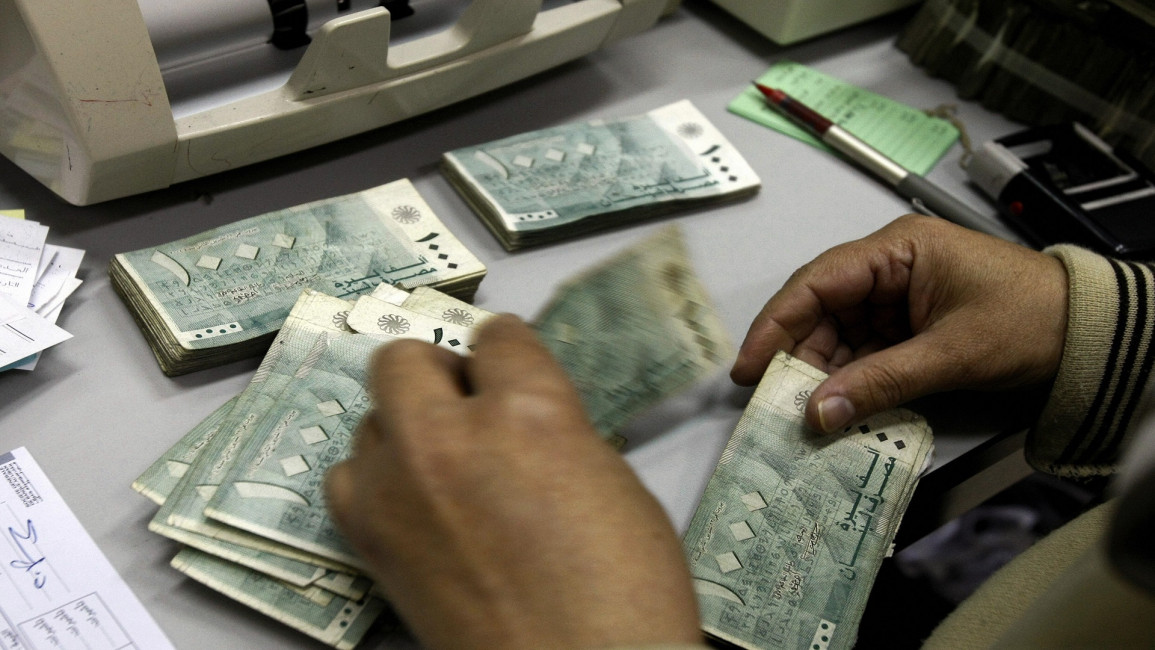Anti-austerity action cripples Beirut stock exchange as bankers strike
It said it would halt operations "until further notice" as it could not clear and settle trades because of the strike, which started on Saturday.
"To protect the rights of investors, the Beirut Stock Exchange has decided to stop trading," it said in a statement.
The volume of trades on the exchange on Monday reached "zero millions dollars", it said on its website.
Central bank employees say they are protesting a decision to slash their benefits as part of a new austerity package being studied by cabinet ahead of this year's budget.
Other public sector employees have resorted to similar measures against possible austerity measures in recent weeks.
Cabinet met on Monday to discuss the package.
Lebanon has vowed to slash public spending to unlock $11 billion worth of aid pledged by international donors during an April 2018 conference in Paris.
Last month, Prime Minister Saad Hariri vowed to introduce "the most austere budget in Lebanon's history" to combat the country's bulging fiscal deficit, sparking fears among public sector employees that their salaries may be cut.
Lebanon is one of the world's most indebted countries, with public debt estimated at 141 percent of GDP in 2018, according to credit ratings agency Moody's.



